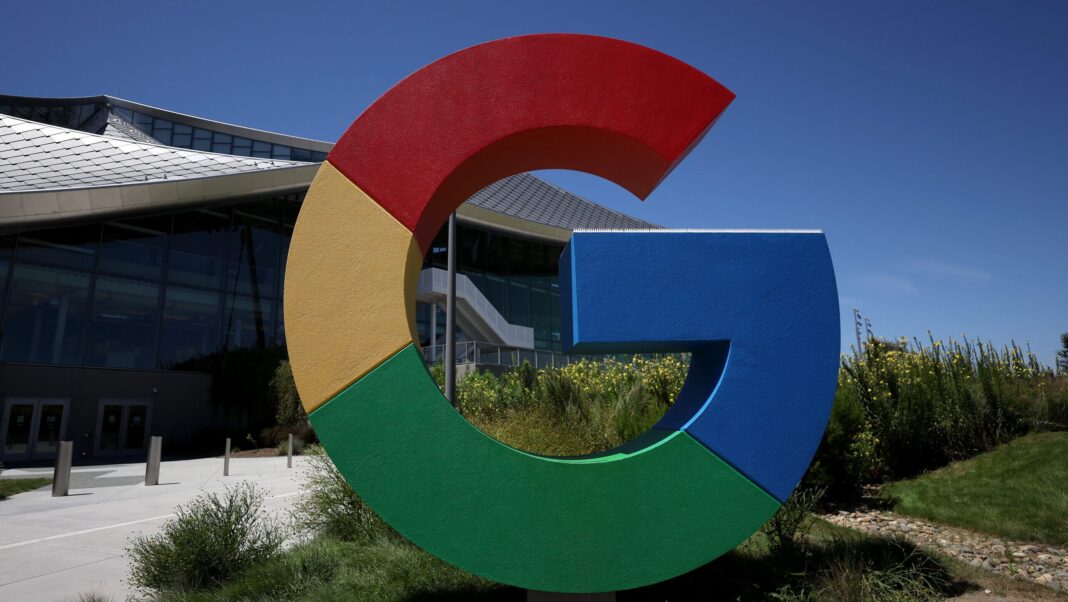Google Settles Racial Bias Lawsuit for $50 Million: An Overview
On a significant day in May, Google found itself in the headlines for a compelling yet troubling reason. The tech giant reached a preliminary settlement of $50 million in a lawsuit filed by over 4,000 current and former Black employees. This lawsuit, titled Curley et al v. Google LLC, has brought to light serious allegations of racial bias within the corporate environment of one of the world’s most recognized tech companies. As the case awaits judicial approval in an Oakland, California, Federal Court, the implications of this settlement resonate deeply within corporate America and beyond.
Allegations of Racial Bias
At the heart of the lawsuit are claims that Google perpetuated a “racially biased corporate culture.” The plaintiffs assert that Black employees were systematically pushed towards lower-level jobs, received lower pay than their white counterparts, and faced discouraging performance reviews. They allege that these practices not only hindered their career advancement but also created an environment where racial stereotyping thrived.
Lead plaintiff April Curley has been vocal about her experiences at Google. In her testimony, she stated that her supervisors characterized her as an “angry Black woman.” When she brought her grievances to human resources, she alleges no effective action was taken. Curley claims that these incidents culminated in her dismissal after six years with the company—allegedly just as she was preparing to report the systemic racial discrimination she had experienced.
The Role of Stereotypes
Another troubling aspect of the lawsuit is the way management reportedly critiqued Black employees. The term “Googleyness” was often thrown around, with some managers suggesting that certain employees lacked this quality. Many plaintiffs interpreted this term as a thinly veiled racial dog whistle, further complicating the corporate culture at Google. This highlights a significant issue: how the language used within companies can both reflect and entrench systemic biases.
Curley’s Bold Stand
April Curley has taken her fight public. In a thread on X, she explained her termination in detail, portraying herself as Google’s most successful diversity recruiter. She accused the company of firing her in retaliation for her efforts to address and expose issues of racial bias. Curley’s courage in voicing her concerns has galvanized other employees, leading them to join her in the legal battle against Google.
Google’s Response
In the wake of the lawsuit, Google has vehemently denied any wrongdoing. A company spokesperson stated, “We strongly disagree with the allegations that we treated anyone improperly and we remain committed to paying, hiring, and leveling all employees consistently.” This statement underscores the tension between corporate rhetoric and the lived experiences of employees who feel marginalized.
Legal Support and Broader Impact
Curley, alongside other plaintiffs like Desiree Mayon, Ronkia Lewis, Rayna Reid, Anim Aweh, and Ebony Thomas, initiated the lawsuit in 2022. Their legal team includes notable civil rights attorney Ben Crump, known for advocating against racial injustice. This litigation represents not just a quest for justice for the plaintiffs, but also a broader movement challenging systemic inequality within corporate structures.
As the preliminary settlement awaits judicial approval, it raises important questions about accountability and what it means for diversity within large corporations. The size of the settlement reflects the seriousness of the allegations and the pressing need for companies like Google to scrutinize and reform their internal cultures to foster genuine inclusivity.
Looking Forward
The outcome of this case could have significant repercussions beyond Google and its policies. If approved, it may set a precedent for how other tech companies respond to similar allegations. This case serves as a stark reminder that racial bias can manifest in various forms within workplace cultures and emphasizes the need for ongoing dialogue and reform in corporate America.
The settlement might also encourage other employees facing discrimination to come forward, knowing they are not alone in their struggles. The dialogue around race, equity, and corporate accountability is far from over, and this case may very well be a critical turning point in that ongoing narrative.



